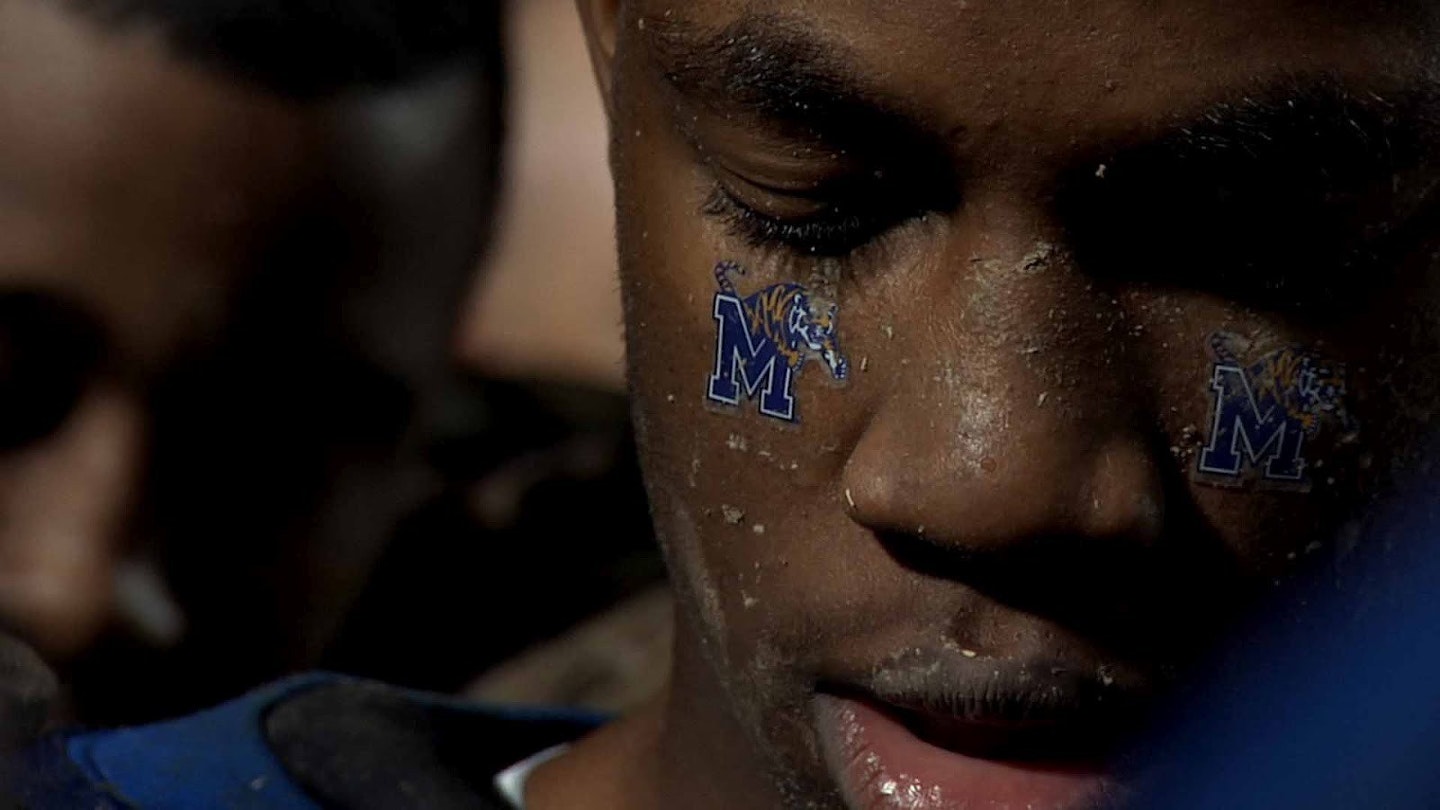Undefeated sounds like the kind of American football drama that would star Dennis Quaid as a tough but fair coach leading a failing high school to a last-minute victory against the posh school. But it isn’t. Dan Lindsay and T. J. Martin’s film mixes the thrill of fiction with the insights of fly-on-the-wall non-fiction, creating a stirring story that is emotionally satisfying, deservedly snagging the Best Documentary Oscar.
As a flick, Undefeated trades in all colours of sports clichés — comebacks, training-ground tantrums, pep talks, injuries to star players and last-minute dramas — and it is built with the brisk dynamism of drama. If the impeccable sense of craft sometimes makes you feel that real life is being forced into a pre-planned playbook, Lindsay and Martin’s film also allows space for a fly-on-the-wall intimacy and, just through a series of shots from a moving car, builds a telling portrait of Manassas as a town bereft of industry, father figures or easy ways out.
As movies have so often told us, the only way out of a dead-end town is football and Undefeated overflows with such hopefuls. Montrail ‘Money’ Brown’s chances are blighted by tragedy off the field and heartbreak on it. O. C. Brown is a YouTube sensation who is sent to live with a white-bread family to raise his grades — if this sounds familiar, it’s the plot of The Blind Side. Some of them have no such opportunities. Chavis Daniels is just out of youth pen, with anger issues to spare.
Despite such great characters, Undefeated’s MVP is volunteer coach Bill Courtney. Coach Bill feels like Aaron Sorkin made him up, allying a beguiling eloquence (“Football does not build character. Football reveals character”) with a passionate desire to improve the lives of his team. Late in the day, we learn his motivation to coach and it makes the generosity he shows — affectionately squeezing Money’s nose or teaching O. C. how to put on cologne — all the more poignant. After one of his charges lets him down for the umpteenth time, you can’t help but share his exasperation. “At what point do you stop?” he asks rhetorically. The answer to Coach Bill is obvious. “You don’t.”
